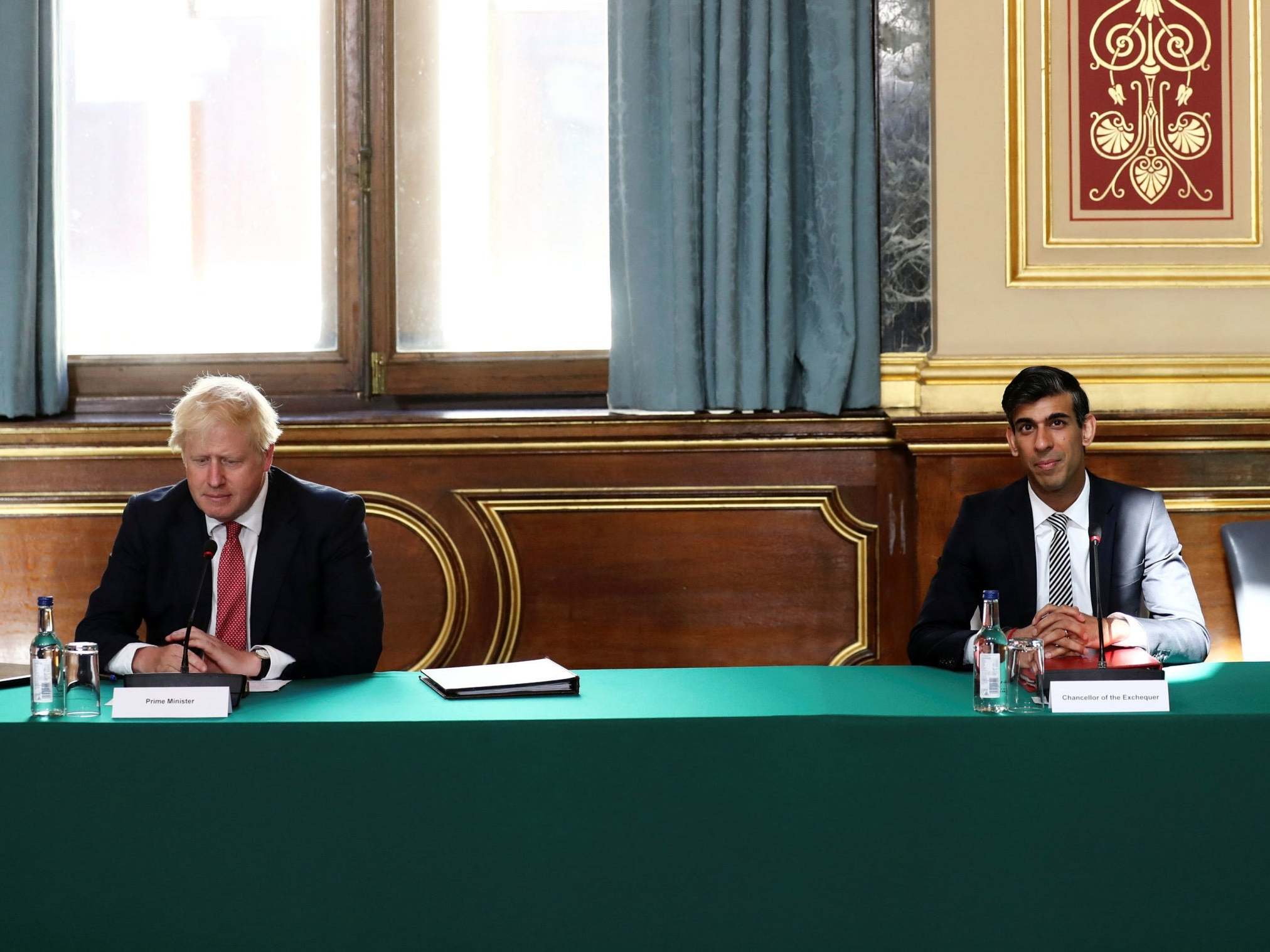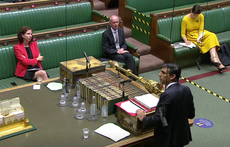Rishi Sunak sounded empathetic, sincere and even competent – what a contrast to Boris Johnson
Editorial: The chancellor’s winter economic plan broadly strikes the right balance and his sombre tone shows a sensitivity to the public mood

No doubt the chancellor of the exchequer is a conscientious patriotic figure who is focused on the threat to the long term vigour of the national economy, as well as the immediate threat to public health. His winter economic plan (WEP) broadly gets the balance right. As with much else this year, the 2020 budget has been scrapped, and HM Treasury has taken the unusual decision to spend, and borrow, more now, and tax later.
The Job Support Scheme and the other measures were well targeted, and of course they could have been more generous and extensive in areas such as training, as shadow chancellor Anneliese Dodds pointed out. However, Mr Sunak left little room for Ms Dodds to make much political capital out of his announcements. Rather than risk having to return to parliament to boost the package, Mr Sunak has erred the other way, as he did with the first furlough scheme. It is true that he should not have ruled out, for most of the time, extending support after the end of the furlough scheme this month, but, with luck he will not have to ask the speaker to present another mini-budget before the spring.
Rishi Sunak, though, remains a politician, one with an eye to his own prospects, and a sensitivity to the mood of the nation. The contrast with the prime minister, absent from his usual supportive place on the front bench during the WEP, is striking. Where Mr Johnson is bombastic, all fists jabbing and soaring rhetorical panto, Mr Sunak is quietly sombre. He does not talk of moonshots, trillion-dollar British tech giants, or world-beating schemes that never materialise. Instead he gives us the bad news straight: there will probably be a “more permanent adjustment” in the economy, and he “cannot save every every business”, or every job. He sounds more empathetic and sincere than his boss, as well as looking more competent, and it is being noted.
Mr Sunak, and his spin doctors, also make a better job of creating the image of national unity than his colleagues. While Mr Johnson makes a great performative show of telling Sir Keir Starmer that he should be backing the government’s failures, the chancellor recruited the heads of the TUC and CBI to join him for the traditional photocall outside No 11. If they’d all rolled their sleeves up and marched down Downing Street they’d have recalled David Low’s famous cartoon of 1940, “All Behind You, Winston”. His only error was to be unnecessarily rude to Ms Dodds; the occasion didn’t suit partisanship. Even so, tonally even more than in substance, Mr Sunak has mostly got it right again. Perhaps Mr Johnson is getting envious.
And yet it is easy to be popular while handing out the cash. The much more difficult challenge, for the chancellor and the government, is how to pay for the crisis. In the short term it is a question best not asked; in the medium to longer term it is impossible to evade. Low interest rates and low inflation mean that it is presently relatively easy for the Treasury to borrow from investors and to fund the rest by “printing money”. However, a combination of Covid-19 and Brexit will depress growth, and tax revenues, for some years, and if the economy grows more slowly than the interest on the national debt, then the burden will tend to rise.
Mr Sunak has done his best to reassure the country about the next few months, though a straightforward extension of the furlough scheme might have worked better. However, businesses looking to invest and hire over the coming decade need much greater certainty about the economic and trading framework they will be operating under, post-Covid and post-Brexit. If Mr Sunak fails to boost business and household confidence for the long term, he will find that his current popularity was a mere fad.

Join our commenting forum
Join thought-provoking conversations, follow other Independent readers and see their replies
Comments